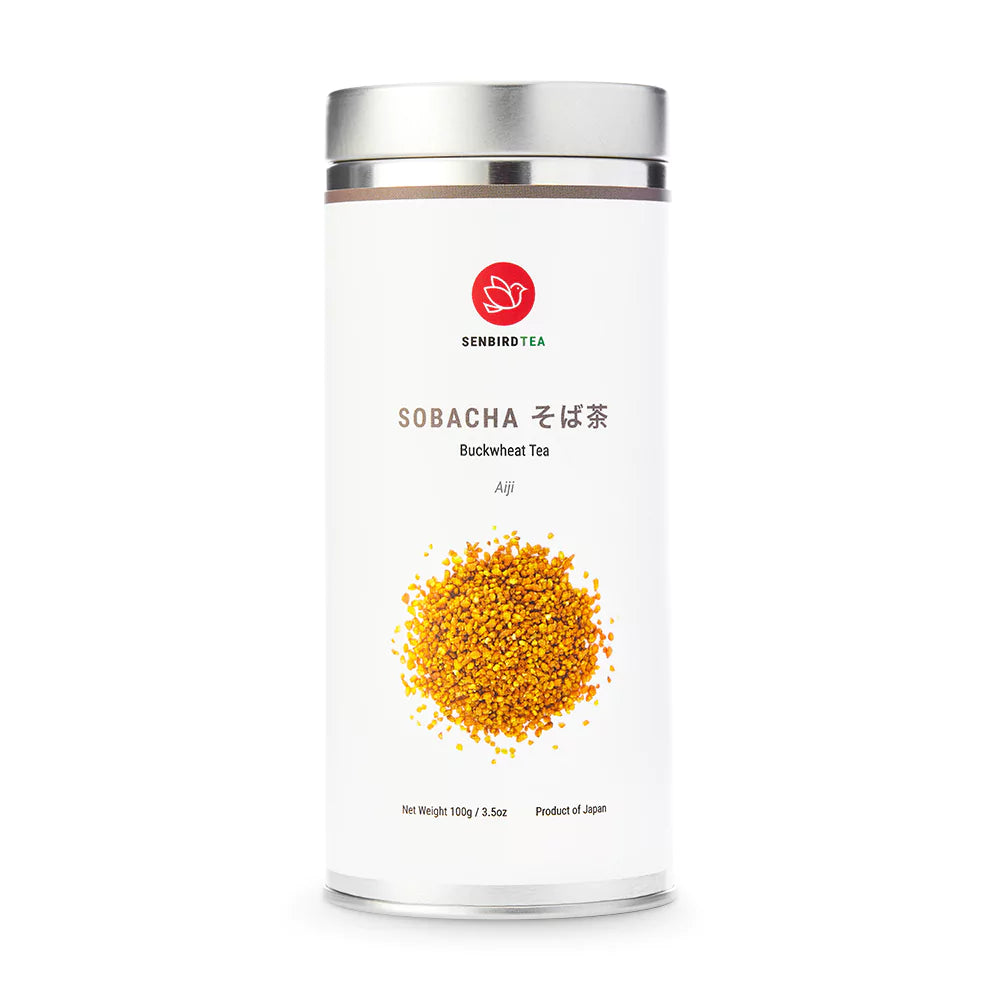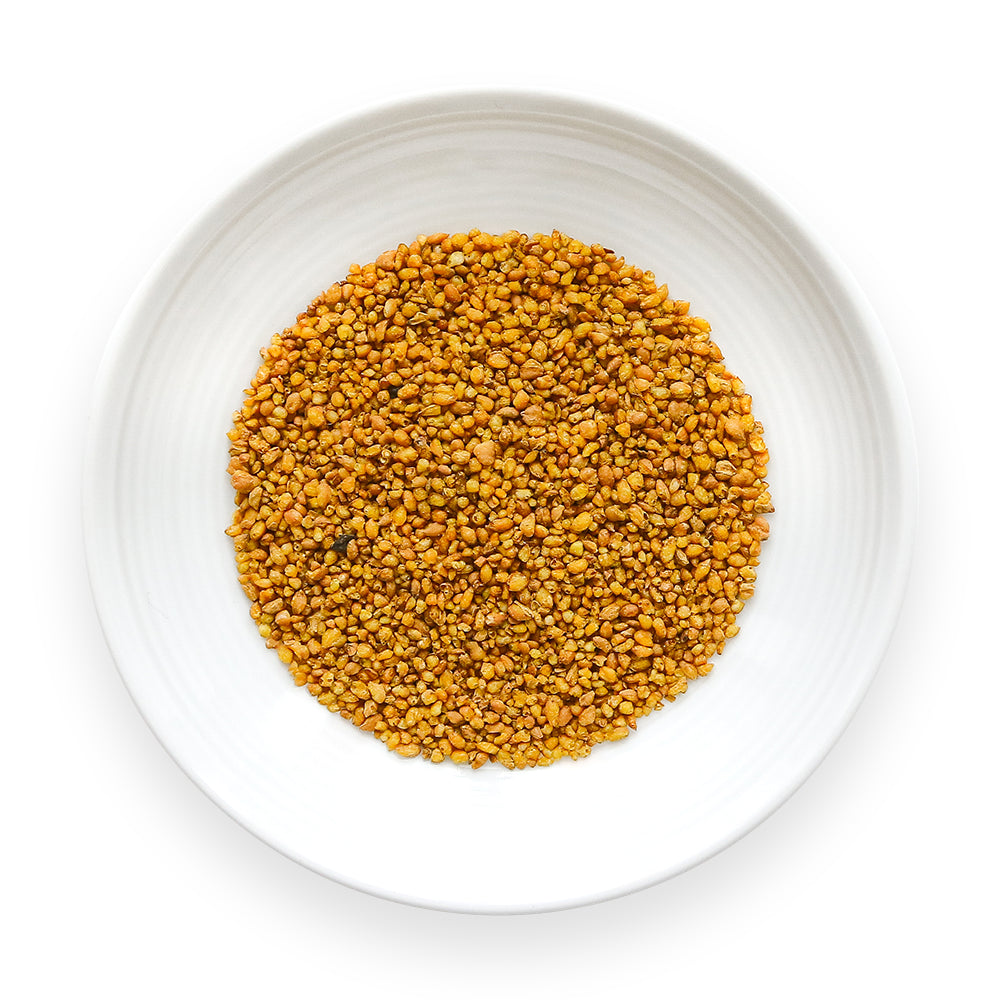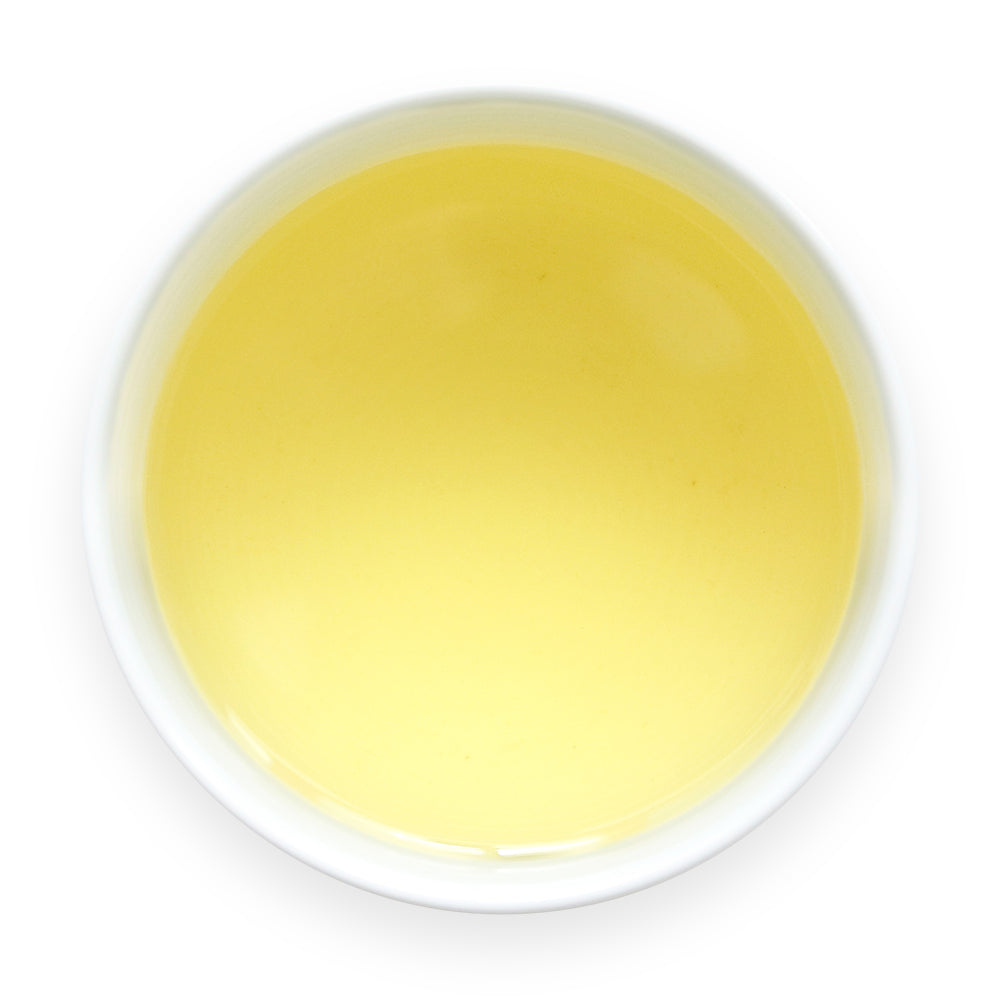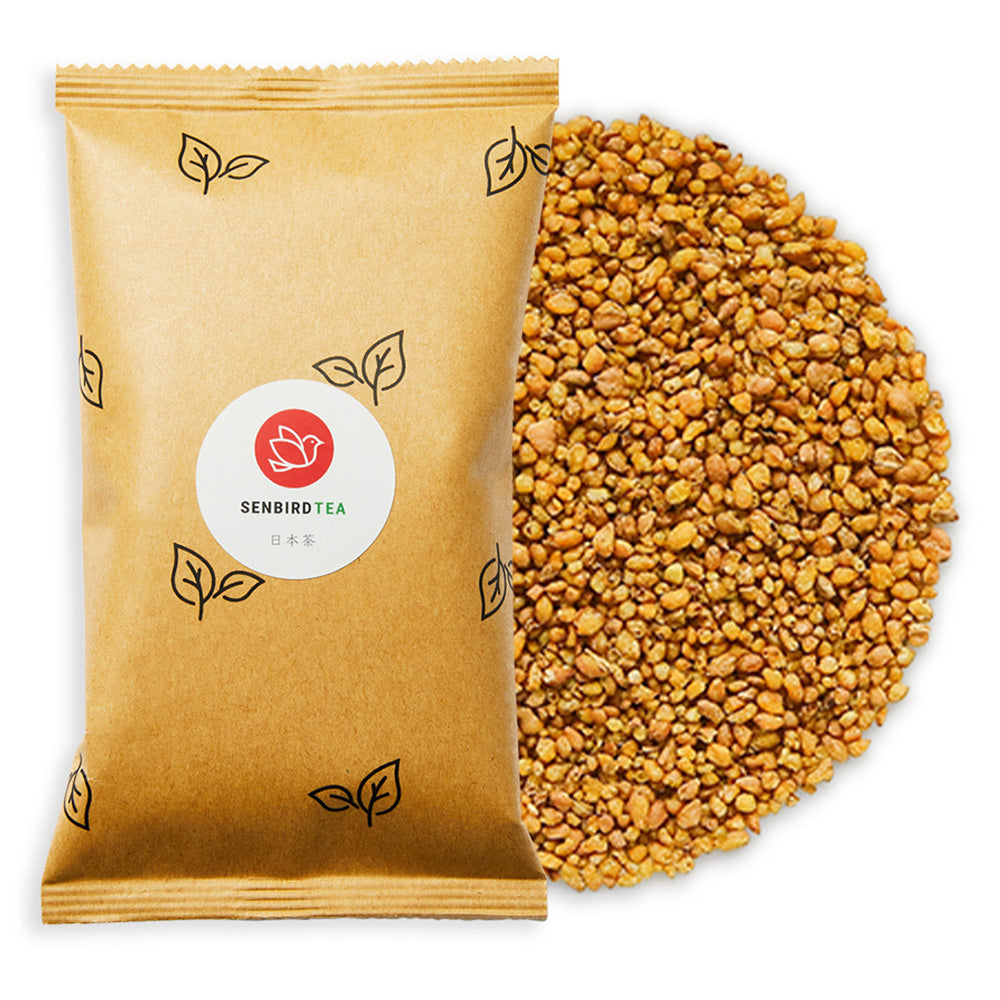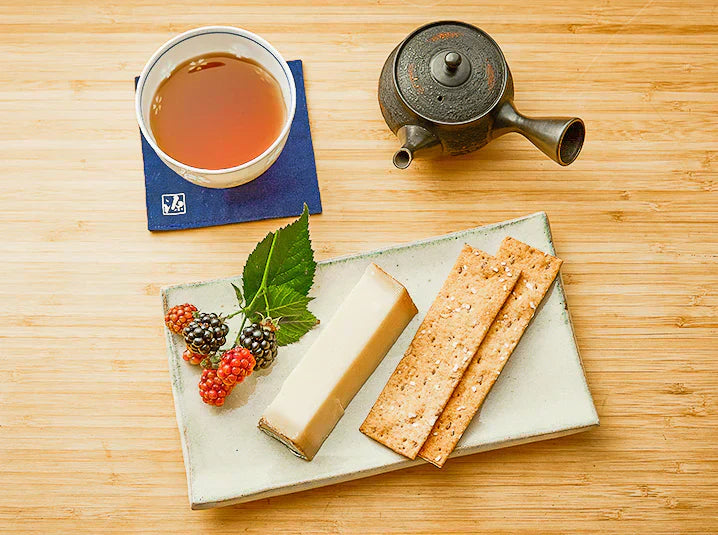


Hara hachi bu is a Japanese wellness principle rooted in Okinawan culture that translates to "eat until you are 80 percent full." This mindful eating practice has been credited as one of the key factors behind Okinawa's remarkable longevity, where residents historically had one of the highest concentrations of centenarians in the world. When combined with traditional Japanese tea drinking, hara hachi bu becomes a powerful daily wellness framework that supports healthy digestion, weight management, and mindful living. Senbird Tea integrates naturally into this practice, offering teas that complement mindful eating at every point of the day.

Hara hachi bu originates from a Confucian teaching that was adopted into Okinawan cultural practice centuries ago. The phrase serves as a self-reminder spoken before or during meals to stop eating when the stomach feels approximately 80 percent full rather than continuing to complete fullness or beyond. Research published in the journal Biogerontology has documented that Okinawans following this practice consumed approximately 1,800 to 1,900 calories daily, significantly below the Western average, while maintaining excellent nutritional status and remarkable health outcomes.
The practice works partly because of the biological delay between eating and the brain's recognition of satiety. It takes approximately 20 minutes for stretch receptors in the stomach and hormonal signals to communicate fullness to the brain. By deliberately stopping at 80 percent perceived fullness, practitioners allow this delay to catch up, often finding that they feel comfortably satisfied within minutes of putting down their chopsticks. This simple behavioral adjustment from Senbird Tea's wellness perspective can prevent the chronic overeating that contributes to metabolic disease, inflammation, and accelerated aging.
Japanese tea plays a natural supporting role in hara hachi bu practice because tea drinking inherently promotes the same mindful awareness that guides mindful eating. Preparing and sipping tea before, during, or after meals creates pauses that slow the eating process, giving satiety signals time to register. The warmth and flavor of Japanese tea from Senbird Tea also provide a sense of satisfaction and comfort that can reduce the impulse to continue eating past the 80 percent threshold.

Different Japanese teas support hara hachi bu through distinct physiological mechanisms. Some teas aid digestion, others promote satiety through their volume and warmth, and several contain compounds that support healthy metabolism. Incorporating the right tea at the right time creates a comprehensive wellness routine that honors the hara hachi bu principle while delivering the additional health benefits that Japanese teas are known for.
Sencha is an ideal companion for midday meals when practicing hara hachi bu. The catechins in sencha support digestive function, while the mild caffeine and L-theanine combination provides calm energy that helps maintain the mindful awareness needed to notice satiety signals. Drinking a cup of Senbird Tea sencha during or immediately after a meal encourages slower eating and provides a natural stopping point in the meal. The clean, refreshing flavor of sencha also serves as a palate cleanser that signals to the brain that the eating experience is transitioning to completion.
Hojicha's warm, roasted character makes it the perfect evening tea for hara hachi bu practitioners. The low caffeine content of Senbird Tea hojicha allows consumption after dinner without disrupting sleep, while its comforting, caramel-like warmth satisfies the desire for something soothing after a meal. Many people who overeat in the evening do so out of a desire for comfort rather than genuine hunger, and a cup of hojicha can fulfill that emotional need without additional calories. The ritual of preparing hojicha also creates a mindful pause that helps you assess whether you have reached the 80 percent threshold.
Kuromamecha, Japanese black soybean tea, supports hara hachi bu practice through its combination of satiety-promoting protein, metabolism-supporting isoflavones, and comforting warmth. The roasted black soybeans from Senbird Tea produce a naturally caffeine-free tea with a subtle sweetness that can help curb post-meal sugar cravings. Research has shown that soy isoflavones may support healthy metabolism and body composition, making kuromamecha a particularly valuable addition to a hara hachi bu wellness routine focused on long-term health rather than restrictive dieting.
Sobacha, roasted buckwheat tea, is a caffeine-free Japanese tea that supports the digestive aspects of hara hachi bu practice. Buckwheat contains rutin, a flavonoid that supports cardiovascular health and may improve blood circulation to the digestive system. The toasty, grain-forward flavor of Senbird Tea sobacha provides a satisfying warmth after meals that can substitute for dessert or additional food. Drinking sobacha between meals also helps maintain hydration and provides a sense of gentle fullness that makes it easier to approach the next meal with moderation rather than excessive hunger.
Wakoucha, Japanese black tea, supports the energy balance aspect of hara hachi bu by providing moderate caffeine with the calming influence of L-theanine inherited from its Japanese tea plant origins. This balanced stimulation from Senbird Tea wakoucha supports the mental clarity needed for mindful eating awareness without the overstimulation that can trigger stress-related overeating. Wakoucha's natural sweetness also means it can be enjoyed without sugar, aligning with the overall caloric moderation that hara hachi bu encourages.
Adopting hara hachi bu does not require dramatic dietary changes. Start by pausing halfway through each meal to drink a few sips of Senbird Tea and assess your hunger level. Use smaller plates and bowls, which naturally reduce portion sizes and make 80 percent feel visually complete. Eat slowly, chewing thoroughly, and put down your utensils between bites. Begin each meal with a moment of gratitude, which activates mindful awareness before the first bite. Over time, these small adjustments become automatic habits that support the sustainable, moderate approach to nourishment that has kept Okinawans healthy for generations.

| Japanese Tea | Best Timing | Hara Hachi Bu Benefit | Caffeine |
|---|---|---|---|
| Sencha | With lunch | Digestive support, palate cleansing | 30-50mg |
| Hojicha | After dinner | Evening comfort without calories | ~15mg |
| Kuromamecha | Between meals | Curbs cravings, metabolism support | 0mg |
| Sobacha | Between meals | Gentle fullness, gut health | 0mg |
| Wakoucha | Morning/afternoon | Balanced energy for mindful awareness | 40-60mg |
Hara hachi bu translates approximately to "belly eight parts full" or "eat until you are 80 percent full." It is a Confucian-derived phrase adopted into Okinawan culture as a mealtime reminder to stop eating before reaching complete fullness. The practice is based on the understanding that the brain takes approximately 20 minutes to register satiety signals from the stomach, so stopping at perceived 80 percent fullness typically results in comfortable satisfaction once the body catches up. Senbird Tea encourages incorporating this mindful eating principle alongside daily Japanese tea consumption for comprehensive wellness support.
Recognizing 80 percent fullness requires developing body awareness through practice. Key signals include the absence of hunger without feeling stuffed, a comfortable sense of satisfaction that does not involve heaviness, and the point where food starts to taste less interesting than it did at the beginning of the meal. A practical technique is to pause halfway through your meal, drink some Senbird Tea, and check in with your body. If the remaining hunger feels mild rather than urgent, you are likely approaching the 80 percent threshold. Over 2 to 3 weeks of consistent practice, most people develop reliable intuition for this stopping point.
Research suggests that consuming warm liquids before meals can modestly reduce food intake by providing volume-based satiety signals and slowing eating speed. A cup of Senbird Tea consumed 15 to 20 minutes before a meal provides warmth, flavor, and a sense of initial satisfaction that can make it easier to eat moderately during the meal itself. The mindful attention required for tea preparation also activates the same awareness that supports conscious eating. While tea alone is not a weight loss solution, it serves as a valuable tool within the broader hara hachi bu practice framework.
Hara hachi bu is related to calorie restriction but differs in important philosophical and practical ways. Calorie restriction involves calculating and limiting specific caloric intake, which can feel rigid and disconnected from bodily signals. Hara hachi bu is an intuitive, body-based practice that naturally results in moderate caloric intake without counting or measuring. The focus is on internal awareness rather than external rules, making it more sustainable and psychologically healthy for most people. Senbird Tea supports this intuitive approach by providing tools for mindful pauses rather than prescriptive dietary rules.
The mindful awareness principles of hara hachi bu can be introduced to children in age-appropriate ways. Teaching children to eat slowly, pay attention to hunger and fullness signals, and stop when satisfied rather than when the plate is empty develops healthy eating habits that can last a lifetime. Sharing caffeine-free Senbird Tea options like mugicha, sobacha, or kuromamecha at mealtimes introduces the ritual of tea drinking as a natural mealtime pause. However, growing children have different nutritional needs than adults, so the focus should be on mindful awareness rather than restriction, and any concerns about a child's eating habits should be discussed with a pediatrician.
そば茶愛児
Our popular sobacha with a toasty aroma and smooth, nutty sweetness, a comforting caffeine-free tea perfect for daily enjoyment.
